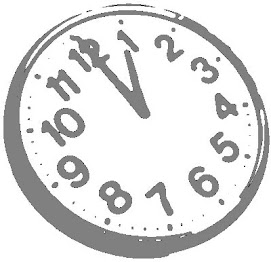Length of shift is perhaps what comes to mind first when most people think about alertness and fatigue. In most cases, however, the length of shift is far less important than the time of day being worked. The vast majority of studies on length of shift have found that alertness, performance, and judgment are not significantly different on 8s or 12s. But 2 a.m. to 6 a.m. are much harder than 2 p.m. to 6 p.m.
We do not recommend a shift longer than 12 hours. Of course, we recognize there will be times when longer shifts may be unavoidable, but in such circumstances there should, at a minimum, be provisions for getting employees safely home.Predictability: A regular schedule is important for maintaining health, safety, and quality of life. Physiologically, humans function best when we eat and sleep on a regular pattern. Psychologically, it is easier to maintain a family and social life if your work schedule is predictable. Whether you are on 8s, 12s, or some other length shift, there are hundreds of different schedule arrangements you can use. That being said, it is helpful to have some flexibility, as well.
Related Posts about Shift Schedules on
National Shiftwork Information Center:
* Management tips for improving shiftwork schedules
* Shiftwork schedule factors: work-rest ratios and predictability
* Shiftwork schedule factors: speed and direction of rotation
* Shiftwork schedules: fixed or rotating









No comments:
Post a Comment